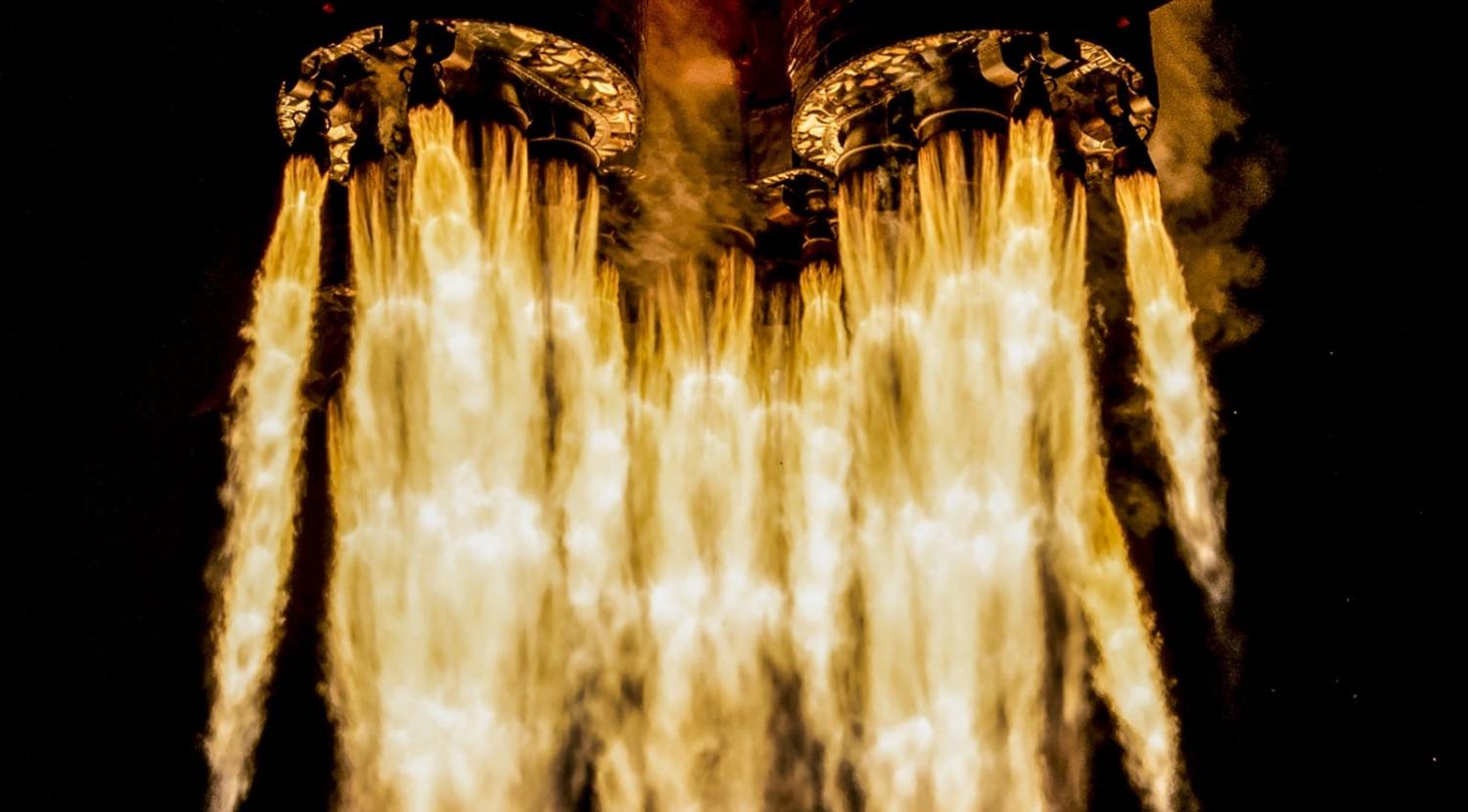Alarm was raised in the media this week about a “national security threat” to the United States from Russia, ostensibly a nuclear space-based weapon. The news came after the Republican chair of the US House of Representatives intelligence committee, Mike Turner, unusually went public with an allegation based on classified intelligence that had not yet been properly discussed across the National Security briefing channels.
The fact that a cryptic, public allegation was made about a threat in space, combined with repetitions of one unnamed source referring to a potential nuclear capability, has led to some sensationalised news articles, and a lot of misleading conclusions, that Russia has a nuclear space weapon. Lack of clarity can lead to misunderstanding, misinterpretations, and possible missteps, which are in fact the biggest threats to space security.
This news is useful in terms of raising awareness of the high stakes in space security. But as became clear when White House National Security Communications Adviser John Kirby spoke earlier today, this potential capability does “not pose an urgent threat to the United States”– i.e.: it doesn’t yet exist.
We do know all the great powers, many middle powers and even smaller nations are developing counter-space capabilities, most of which are non-kinetic, and the most effective of which have temporary, but highly impactful effects. But this is not “Star Wars”, there are no space-based nuclear weapons.

Space is critical to national, regional and international security, because of how integral space-based services are to civil life and military operations. Satellites have been key military sources of intelligence, surveillance and reconnaissance (ISR) since the 1960s, and continue to be so today. Space-based communications, internet and navigation (such as GPS) are part of our daily lives without most of us thinking about where they come from, and they are a major source of military communications, operational navigation on land, at sea and in the air, as well as guidance for precision weapons.
Because of these high dependencies, space has itself become a strategic domain. In recent decades, increasingly sophisticated counter-space capabilities have been developed globally to interfere with these systems. The most effective way to compromise an adversary’s eyes and ears is to interfere with their space systems, whether by jamming a signal, listening in on a signal, spoofing a false positioning signal, or undertaking a cyberattack on a satellite operation. These are all temporary, reversible means of targeting a satellite or the signals and data it sends to Earth. There is a reason these means are preferred over kinetic, destructive means.
Nuclear weapons (and weapons of mass destruction) are the only type of weapon prohibited in the 1967 Outer Space Treaty, in article IV. The Soviets and the United States, together with many other countries, were able to agree on this treaty at the height of the Cold War, because they realised that strategic restraint was the only way to ensure they would both continue to have access to this new critical domain. In other words, after their own nuclear and Electro-Magnetic Pulse tests in the 1960s, they realised there was no way to contain the effects of such weapons, and their own capabilities would be impacted. A lose-lose scenario.
Perhaps the strongest lessons came from the US nuclear test known as Starfish Prime, which took out US, UK and other national satellite capabilities, reaching from the east coast of the United States to Australia. US and Soviet decision-makers realised they needed to secure their own access to space by prohibiting such weapons, and other countries pushed to ensure these superpowers would not take nuclear war to space, denying access to space for others.
The inability to contain the effects of destructive anti-satellite weapons is the very reason we see a norm currently emerging that testing ground-based anti-satellite missiles is irresponsible. The debris they create is uncontrolled, long-lasting, and threatens every single satellite in orbit. Russia is not the only country to have tested this capability (in 2021). China (2007), the United States (2008), and India (2019) have all done so, and we know that the effects are indiscriminate, which also renders use of these weapons unlawful under international humanitarian law.
But despite misleading headlines, there is nothing publicly available about this current threat from Russia which suggests that a nuclear weapon is at issue. There is no doubt Russia has ground-based nuclear capabilities. It would be easy to assert that Russia is ready to go rogue, since it has been blockading all UN space security initiatives. But Russia can absolutely not afford to lose its own space capabilities right now, such as intelligence, surveillance and reconnaissance, navigation, communications, weapons guidance. A space-based nuclear weapon would threaten its own critical infrastructure, there is no way it would do this.
It’s possible that a nuclear-powered space asset is at issue (remembering again that the capability in question does not yet exist). In the past, Russia has used nuclear powered satellites, the UN has adopted principles for the safe use of nuclear power sources in outer space, and there is research being done globally on more sophisticated nuclear power today. The destructive impacts of sourcing and processing uranium is cause for concern on Earth, but if the capability potentially being developed by Russia is nuclear powered – for example, an electronic warfare satellite – that’s not a nuclear weapon.
Whatever it may be, it’s clear that space security is now top of the agenda, as it very much should be in when considering modern warfighting, the need to protect space systems, and the risks to civilians of loss of critical space-based services. It’s in everyone’s interests to advance the UN agenda on reducing space threats through norms, rules and principles of responsible behaviours in space, to avoid escalatory sensationalisation.

